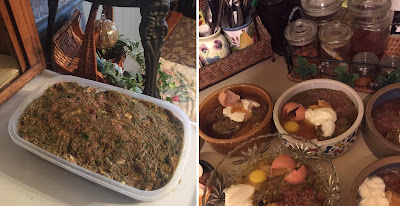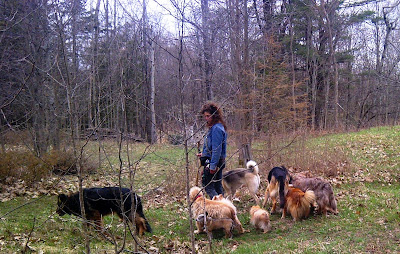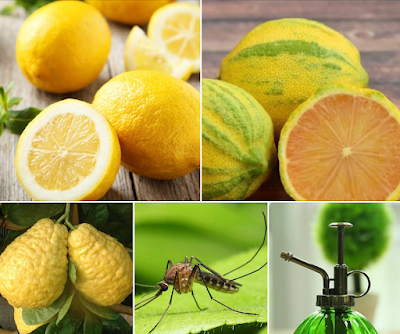How Factory Farming in the UK Effects Your Dog and Cat’s Health
- Current Status of Factory Farming in The UK
- How Factory Farming Effects Your Dog and Cat’s Health
- What You Can Do to Help Protect Your Dog and Cat
- Learn More About Factory Farming
1.0 Current Status of Factory Farming in The UK
The first factory farm in the USA began operations in the 1920s. It was an industrial-scale chicken farm. While industrial-scale farming has a long history in North America, it's relatively new to the U.K. Many of my UK based clients aren’t familiar with the devastating impact factory farm sourced products can have on their dog and cat's health.
In the UK the majority of beef, chicken, duck, pork, turkey, and rabbit are now factory farm raised. This trend is reflected in the stock offered by many raw food companies in the UK. A large volume of raw food for dogs and cats is now factory farm sourced.
Compassion in World Farming does extensive research and data collection on farming practices. Their latest numbers for the UK reveal that:
- Approximately 73% of farmed animals in the UK are factory farm raised.
- Almost 800 North American style industrial mega-farms operate across the UK.
- There's been a 26% increase in livestock mega-farms in the last 6 years.
- A mega farm exists in almost every county in England. You can view Compassion in World Farming's UK Factory Farming Map here.
The change in UK's farming landscape is:
- Bad for the environment
- It's bad for your health, and has a negative impact on your dog, and cat's health.
Industrial livestock mega farms took over North America many years ago. If you live in the UK the issues around mega farming may not be as familiar to you.
Factory farm raised animals live a miserable life. These animals are forced to live in inhumane, cruel conditions in addition to being fed species inappropriate, toxic diets. Their bodies are full of bad bacteria, disease and toxins.
2.0 How Factory Farming Effects Your Dog and Cat’s Health
Toxic
substances remain in their flesh and bones after slaughter. Toxic substances
include heavy metals, drugs, and herbicide residue. Chemical wash (chlorine, a carcinogen), is used to help reduce bad bacteria on animal carcasses and poultry eggs.
Genetically engineered (GE) corn and soy are:
- Primary components of the factory farm raised animal's diet.
- GE corn and soy are contaminated with the carcinogenic, endocrine disrupting herbicide, glyphosate.
Round-up is Bayer's (formerly Monsanto's), most widely used and most aggressively marketed herbicide. The active ingredient in Round-up is glyphosate.
In March 2015, the international Agency for Research on Cancer (IARC) released findings on glyphosate. You can read IARC’s finding’s here.
When your dog and cat consume factory farm raised animals, they consume glyphosate residue. Glyphosate is known to cause and contribute to:
- Cancer, tumors
- Dementia
- Endocrine damage
- Gastrointestinal damage
- Kidney damage
- Leaky gut
- Liver damage
- Lymphoma
- MRSA
- Trace mineral absorption issues
- Urinary tract issues and is a leading cause of urinary tract infections.
3.0 What You Can Do to Help Protect Your Dog and Cat
3.1 Free-range, Pastured Meat, Organ, Bones and Eggs
When your budget allows:
- Purchase eggs from pastured, free-range poultry. Read more about that here.
- Include grass fed pastured or wild-harvested proteins in your dog and cat's diet.
- Pastured, free-range and wild-harvested options are more expensive, and aren't sold by all raw food suppliers.
- In some areas of the UK sourcing free-range can be difficult.
- Many UK raw food suppliers do include lamb in their standard product line. Lamb is typically pastured.
- Speak to your local game warden to see if they have trimmings, and bones they can sell to you at low cost, or no cost.
3.2 Bone Broth and Bone Broth Gelatin
- Brain health
- Detox
- Digestive health
- Kidney health
- Liver health
- Reminerilization
- Go to this article.
Bone Broth Gelatin Recipe
- Go to this article.
3.3 Wild-Caught Fatty Fish (Oily Fish)
- Go to this article.
- Go to this article.
- Go to this article.
3.4 Increase Antioxidant Intake
- Learn more in this article.
4.0 Learn More About Factory Farming
✓ None.
✓ I don't sell food or supplements.
✓ I'm not aligned with any companies.
Article and graphics by Karen Rosenfeld










